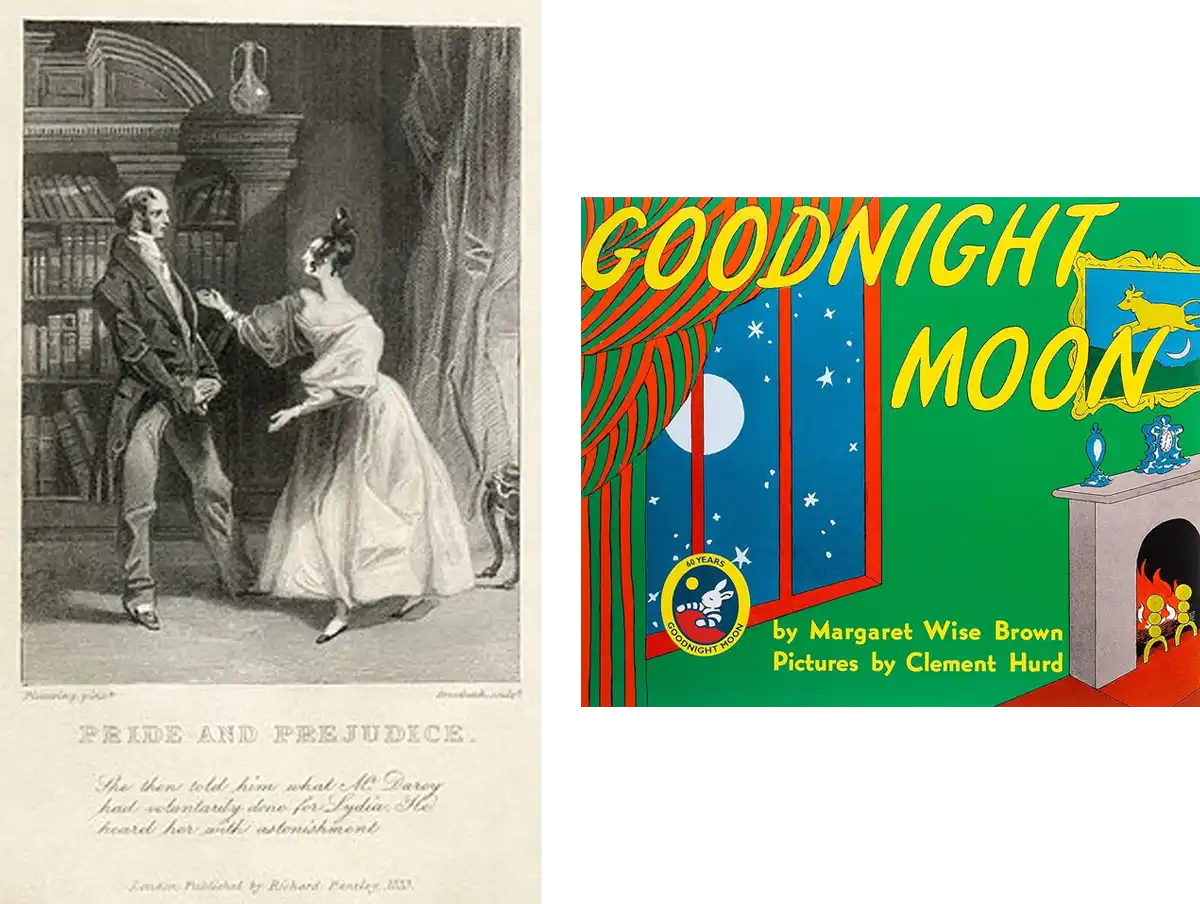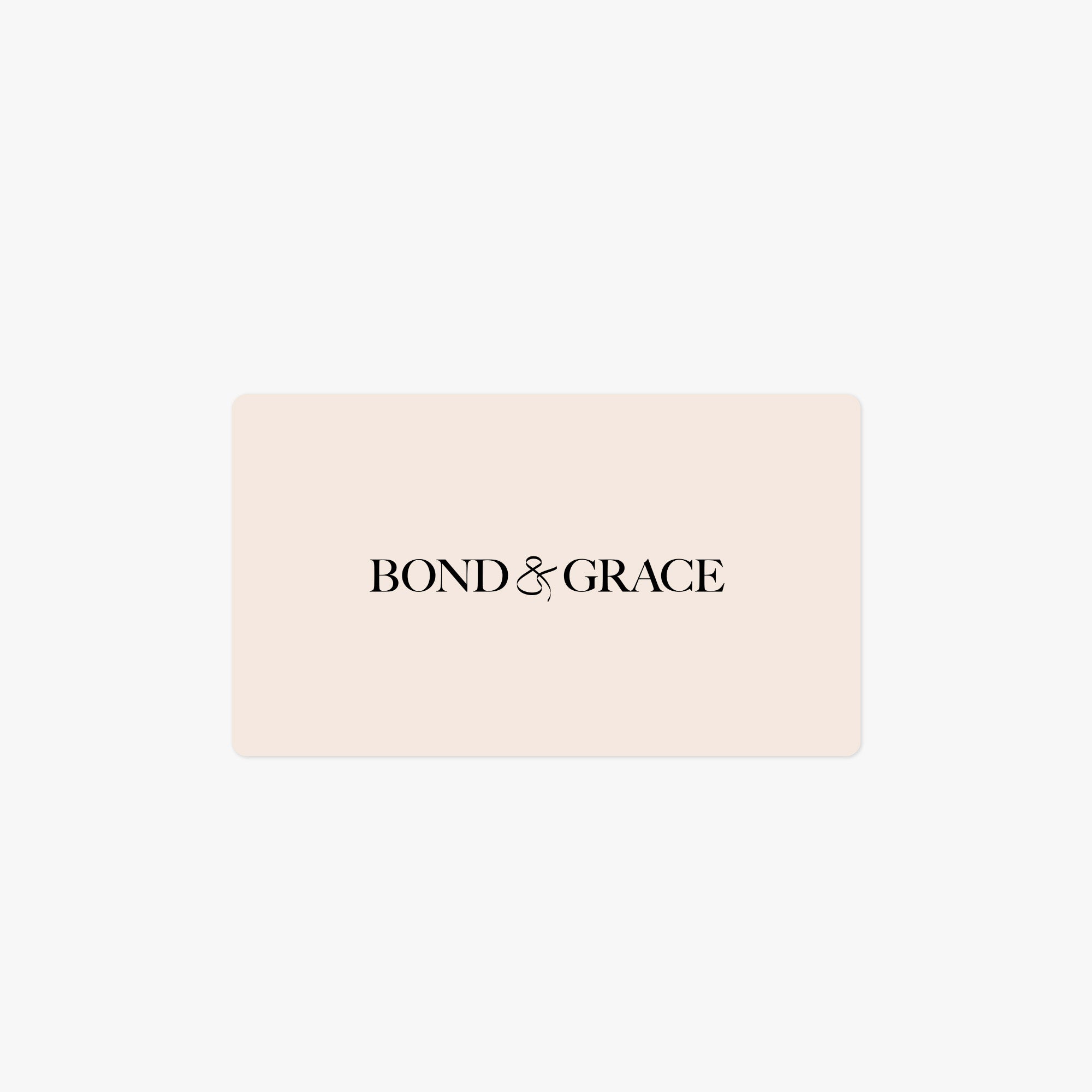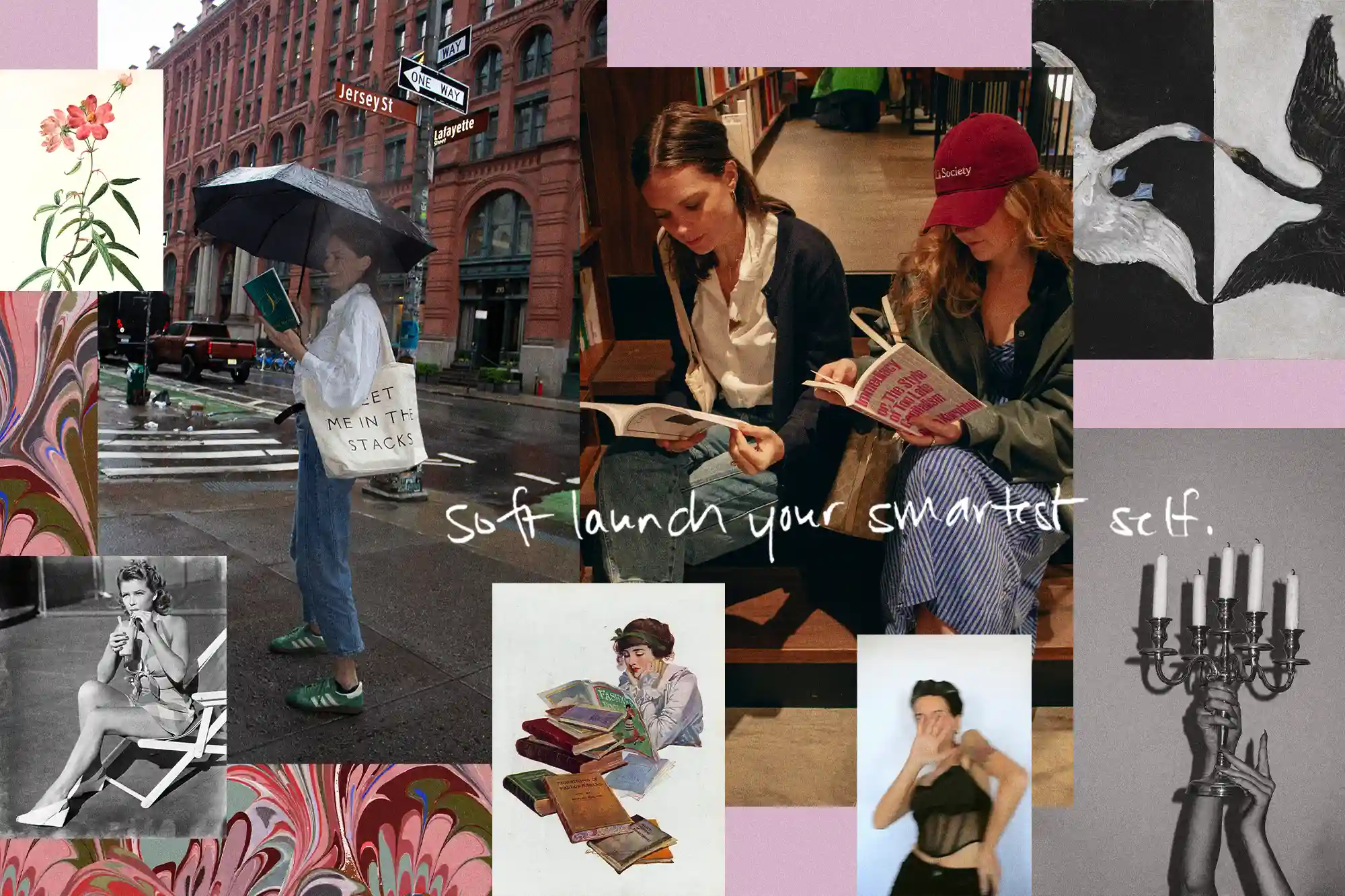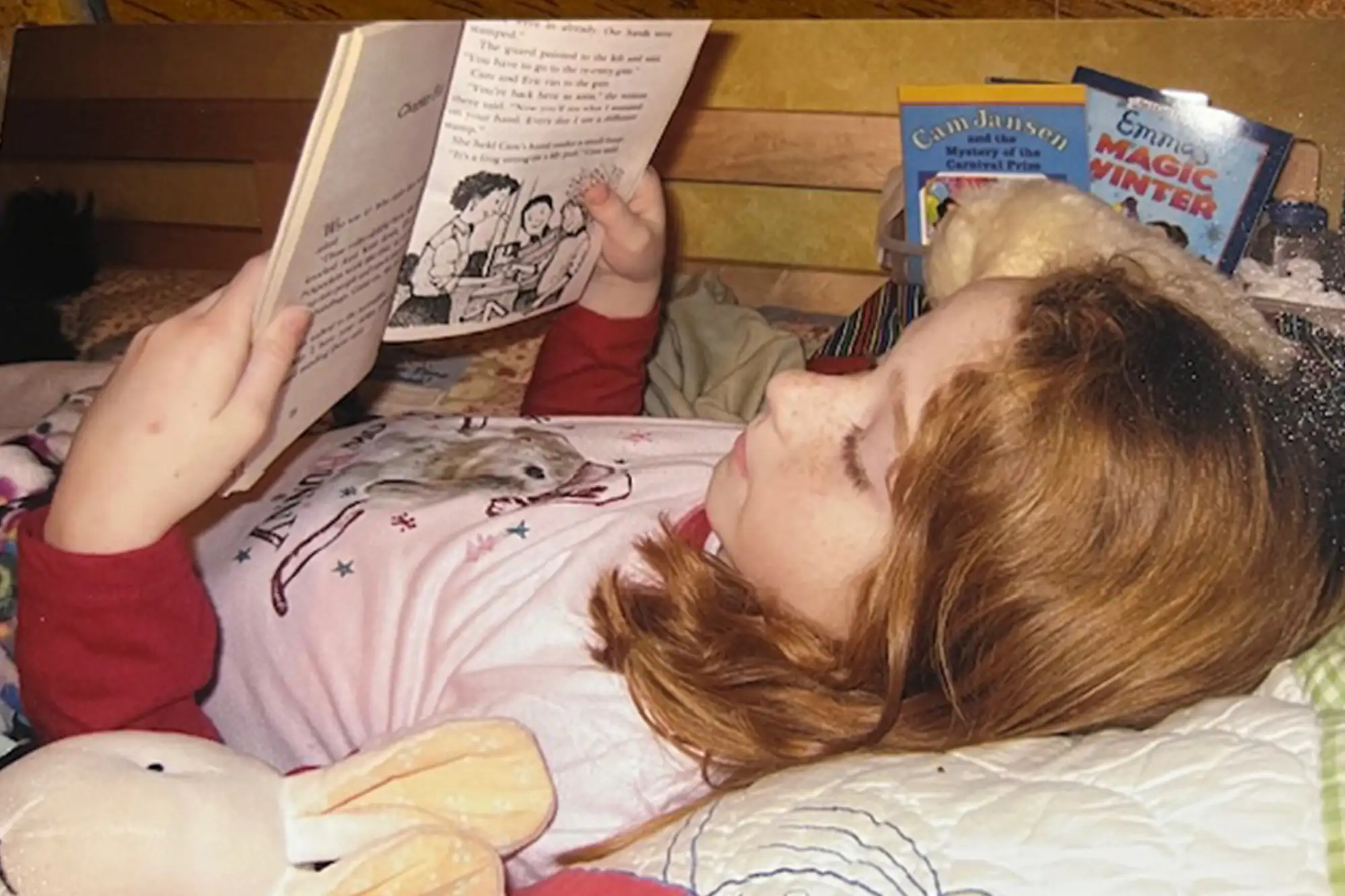When I first stumbled across James Mustich’s 1,000 Books to Read Before You Die, it wasn’t by accident—it was a holiday gift from my mother-in-law. Years earlier, in college, I had printed a “Top 100 Books of the 21st Century” list I found on Goodreads, stapled it together, and carried it around like a treasure map. That was before algorithms and BookTok, when a stapled list was my compass for what to read next.
But my mother-in-law must have thought 100 books weren’t nearly enough. So she gave me Mustich’s thousand. That single gift reshaped my reading life. What began as a checklist I wanted to conquer turned into an open invitation: to read more widely, curiously, and generously. The book pushed me out of my comfort zone, expanded my genres, and even gave me the joy of literally checking off titles as I went.
Fast forward a few years, and I found myself sitting down with Mustich—bookseller, publisher, and author—for a Lit Society conversation. What unfolded wasn’t just a talk about books, but a reminder that reading is more than a pastime. It’s a way of living.
Here are seven lessons every reader can take away from our conversation:

1. The Book That Makes You Fall in Love with Reading Stays With You Forever
For Mustich, it was William Saroyan’s The Human Comedy—a warm, funny, heartfelt novel he read at age 10. Even though it didn’t make his final 1,000 list (he realized it during our chat…), it shaped his vision of what a book can be.
The takeaway? Don’t underestimate the book that first sweeps you away. It may define your whole reading life.
2. Reading Lives Are Built Like Meals—You Need Both Feasts and Snacks
As Mustich says, “You read the way you eat. Sometimes you want a nourishing meal. Sometimes you want a bag of potato chips.” Great readers allow themselves both—the epics and the thrillers, the philosophy and the page-turners. A balanced reading diet makes for a richer intellectual life.
I’m going to be honest, I’ve been on a potato chip kick lately… a good romance novel I find at an airport bookstore always seems to give me the light-hearted boost I need at the time.

3. A Good Bookseller (or Booklist) Is a Prescription Writer
When I asked Jim if working in a bookstore gave him a kind of “witchy sense” for knowing what readers needed, he laughed—and admitted it was true. Over time, he grew skilled at intuitively prescribing the right book for the right person, whether it was a gift, a comfort read, or a challenge. That instinct eventually shaped his catalog, A Common Reader, and, years later, his thousand-book masterpiece. The lesson: books are medicine, and finding the right one at the right moment can be life-changing.

4. The Best Reading Projects Are Done in Manageable Chunks
Mustich and his wife tackled Remembrance of Things Past by reading just 10 pages a day—and finished 3,000 pages in 10 months. They went on to conquer War and Peace and The Count of Monte Cristo.
The tip: Daunting books become possible when you carve them into small, daily rituals.

5. The Joy of Reading Is in Serendipity
Rather than grouping books by theme or era, Mustich arranged his thousand alphabetically. Why? So you could turn a page from Jane Austen to James Baldwin, from Goodnight Moon to War and Peace. That element of surprise mirrors the joy of browsing a bookstore—or, in my case, asking my husband to pick a random number and letting the list choose for me.
6. The Right Book Is the Opposite of a Selfie
Mustich reminds us: “To get lost in a book is to acknowledge the voice of another. A good book expands our lives the way love does—making us more generous, more brave, more kind.”
In a culture of algorithmic feeds, reading insists that we look outward as much as inward.

7. The Conversation Matters More Than the Canon
Perhaps the most freeing lesson from Mustich is that 1,000 Books to Read Before You Die isn’t a closed canon—it’s an open invitation. His website and newsletter continue the dialogue, allowing readers to add their own picks. The point isn’t perfection. It’s participation. The list lives on because we keep talking about what belongs and why it’s worth reading.
Final Thought
As Mustich writes in his introduction, the ultimate question is not what to read next, but who to be and how to live. Reading shapes both. If you’re looking for your next life-changing book, don’t start with algorithms—start with curiosity, and maybe with Mustich’s list.
P.S. A few more tips:
“More people should read”: The Mouse and His Child by Russell Hoban (sophisticated, moving, great for 12+ and adults).
Audiobook to try: Middlemarch read by Juliet Stevenson.
A fun system for conquering the 1000 books to read list: Let someone pick a number (1–1,000) and read that entry next.




















